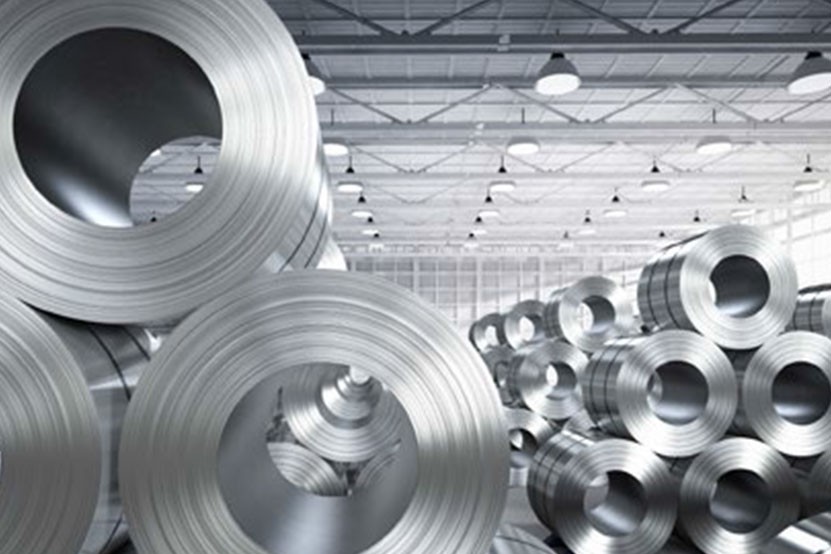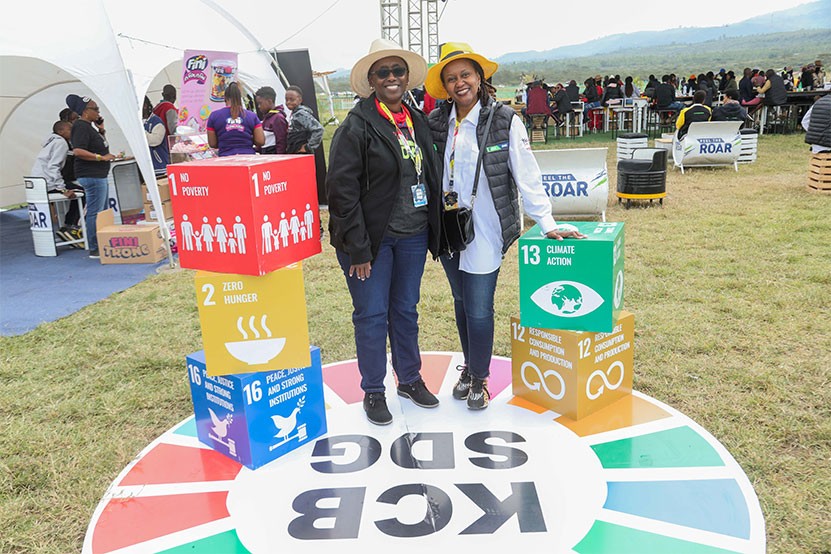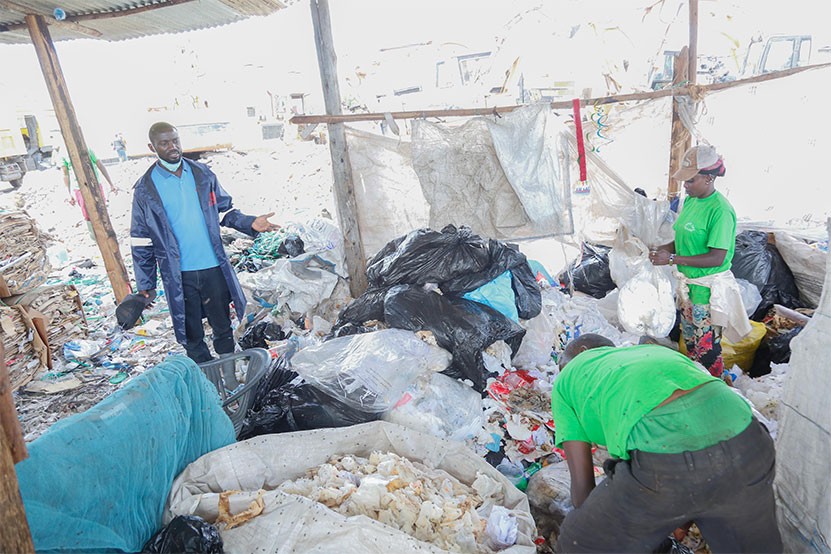Imana Steel, a steel manufacturing company in Rwanda, is taking a unique approach to its operations. The company has adopted a circular economy model, where it is reusing and recycling waste metal to manufacture its end products, which are steel bars. This is important because it helps to reduce the environmental impact of steel production. Unlike traditional steel producers, Imana Steel does not use virgin materials in its production process, instead, the company uses scrap metal, which helps to reduce the environmental impact of its operations. Imana Steel employs an ingenuous strategy to minimise its environmental impact and costs by using scrap metal. The company collects scrap metal from various sources, including businesses and individuals, then they melt it down and transform it into new steel bars.
By doing so, the company reduces the need to buy large quantities of virgin iron ore, which cuts on cost. This circular practice not only benefits the company economically but also contributes to a more sustainable and eco-friendly steel production process. It also helps to reduce the amount of scrap metal that ends up in landfills, which can pollute the environment and harm wildlife. This has been made possible through the partnership with BPR Bank as a financier of the facility.
KCB has provided financial support to Imana Steel to help them expand their operations and enhance their waste management infrastructure. The partnership highlights the shared vision of promoting sustainable practices and circular business models. It is a great example of how businesses and financial institutions can work together to promote sustainable development.
Imana Steel's circular economy strategy is also good for the economy as it has created jobs (100 people currently employed), boosted the local and regional economies, and brought in foreign currency.











